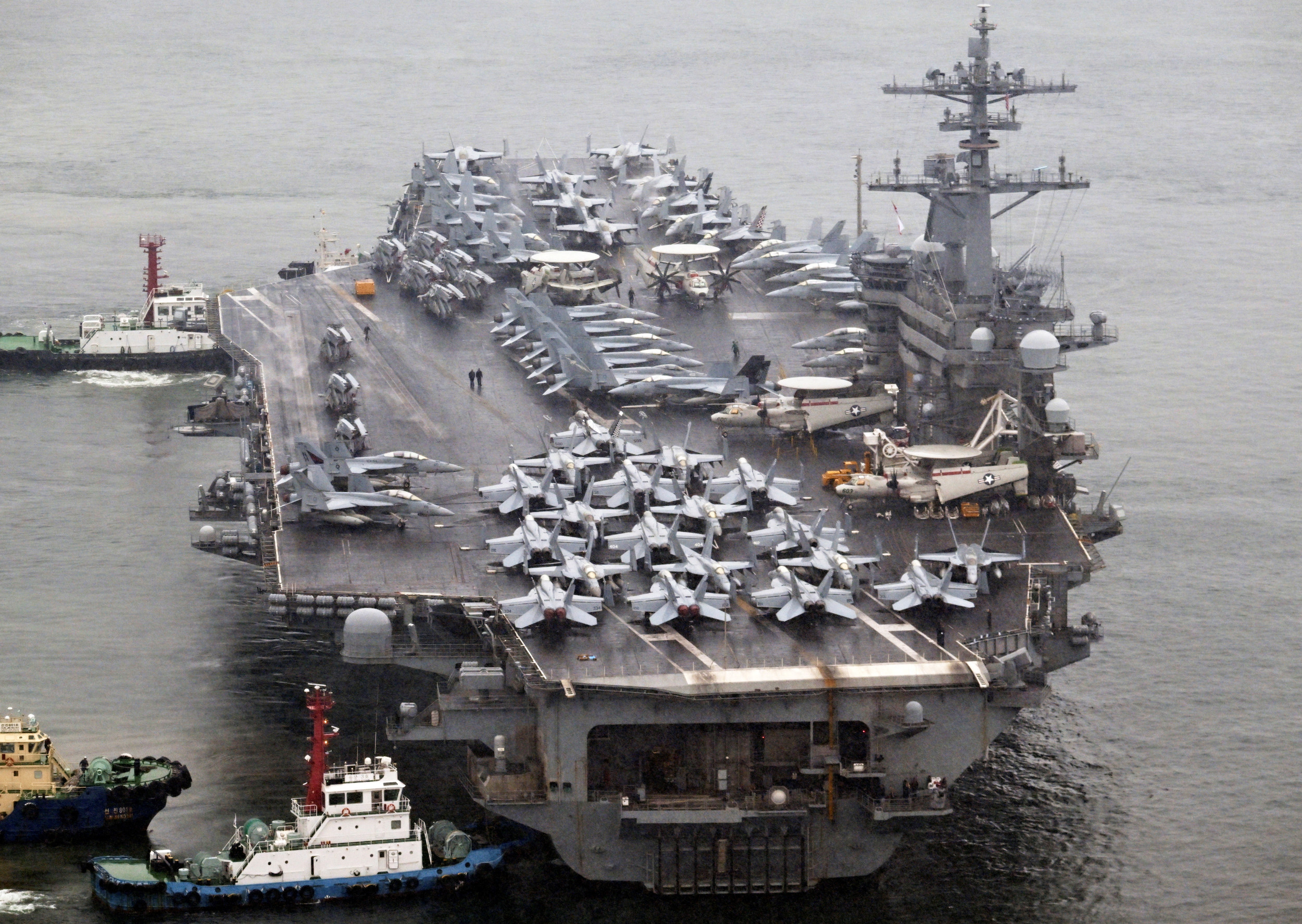According to a Chinese state media outlet, South Korea should avoid getting involved in a possible nuclear arms competition on the Korean Peninsula led by the United States. The media echoed North Korea’s claim that the military alliance near its borders was gearing up for nuclear conflict.
The Communist Party-controlled Global Times newspaper cautioned against South Korea acquiring nuclear-powered submarines, labeling it as a risky move that could jeopardize the hard-won stability of the region.
The nationalist state-owned tabloid referenced recent statements reportedly made by Admiral Sam Paparo, head of the U.S. Indo-Pacific Command (INDOPACOM), indicating that the South Korean military’s consideration of such a plan was subject to future evaluations. This was reported by South Korea’s Yonhap News Agency.

South Korea’s prominent newspaper, Chosun Ilbo, termed Paparo’s public remarks made in a press conference on July 11 at Hickam Air Force Base in Hawaii as “unusual” due to the sensitive nature of nuclear-related topics. The paper reported that the South Korean government was likely scrutinizing this statement from a senior U.S. official given its importance.
Despite the long-standing policy of complete denuclearization of the Korean Peninsula by South Korea, discussions revolved around nuclear-powered submarines with conventional armaments, not carrying nuclear warheads.
China has repeatedly opposed U.S. claims distinguishing nuclear-powered submarines from those carrying nuclear-armed missiles, particularly targeting the AUKUS submarine pact between Australia, Britain, and the United States.
Both the Chinese Defense Ministry and North Korea’s embassy in Beijing did not respond to separate email inquiries for comments.
The Pentagon revealed that the U.S. and South Korean military were looking to enhance integration beyond conventional means, despite South Korea being under the protection of the U.S.’s “nuclear umbrella” for decades.
During a meeting with South Korean President Yoon Suk Yeol at the NATO summit in Washington, President Joe Biden reiterated the commitment to defend the ally through all U.S. capabilities, including nuclear options.
In response, North Korea’s Defense Ministry warned of severe consequences for increased nuclear collaboration and announced its intention to bolster its nuclear deterrent capabilities.
The North Korean regime possesses around 50 nuclear warheads, with a capacity to produce more, as indicated by the Stockholm International Peace Research Institute’s June report.
South Korea currently does not possess strategic arms, but concerns about acquiring nuclear capabilities have emerged due to North Korea’s nuclear program and its growing alignment with neighboring Russia.
Reflecting on the recent developments, President Yoon suggested that the U.S.-South Korea alliance was now anchored in nuclear arrangements, hinting at specialized U.S. nuclear assets deployment during wartime and peace.
